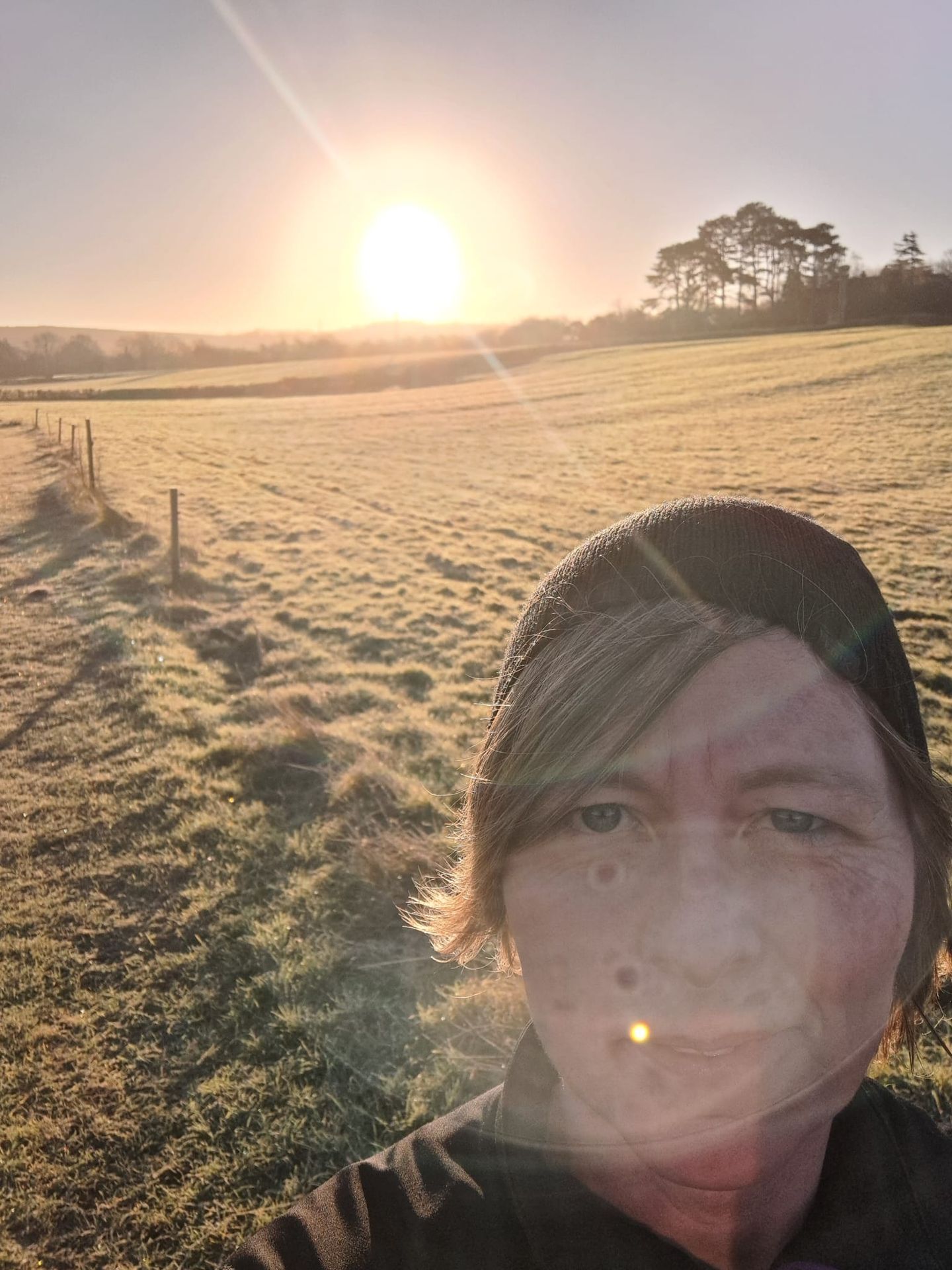There are many moments in life that we plan carefully—making sure we have the right tools, enough confidence or at least a sense of certainty to feel ready. We prepare for hikes, holidays, weddings, or even driving tests.
Recently, I’ve been preparing for a long-distance running race—something I wouldn’t have imagined tackling a few years ago. But I’ve taken the time to build up slowly, follow training plans, and lean on the support systems around me. I now feel ready to step up to the start line.
This process has made me reflect on preparation more broadly—how much time and thought we give to personal goals like this, and how little we often dedicate to preparing for what’s next in our work lives.
Apart from a brief careers advice session at school, I can’t remember ever being encouraged to plan or prepare for future chapters in my working life.
So it begs the question:
Why don’t we apply the same planning and intention to our careers?
What It Takes to Prepare for a Big Goal
This race has been a long time in the making—part of a years-long evolution of a hobby that’s grown into something more. And that’s often the case with big moments in life: they’re rarely spontaneous. They’re built on weeks, months, or even years of preparation.
A while ago, I started working with a coach who helped me create a training plan, tune into my body, and figure out how to adapt when things didn’t go as expected. We also looked at what else I needed—strength training, nutrition, recovery, mindset. It wasn’t just about running.
That structure gave me space to test and learn, to make mistakes, and to find what worked for me. Because we’re all different—there’s no one-size-fits-all approach.
Alongside my coach, I drew on the experiences of running friends—asking questions, sharing stories, and learning from their highs and lows. I researched kit, food, sleep… all the details that matter.
A few years ago, I wouldn’t have believed I could feel ready for this race. But I do. I’ve done the work—and that gives me confidence, whatever the day brings.
How We Often Approach Career Moves (Or Don’t)
In contrast, my career has felt very different.
Like many people, I’ve often been too busy doing the work to stop and think about where I’m headed. I didn’t plan out roles, skills, or next steps—I just kept going.
Promotions often come because we’re good at our current job. But the next role might involve things we’ve never done before: leading a team, presenting in meetings, managing a budget, public speaking. Yet we’re rarely given the space to prepare for that kind of change.
Yes, there are development programmes in some workplaces—but they often focus on theory, not practice. They don’t always give us the chance to experiment, fail safely, or discover what works for us.
Feeling stuck is incredibly common—and often it’s not about lacking ability, but about lacking space, guidance, or confidence.
What Goal Setting Can Teach Us About Career Growth
Whenever it’s possible, big transitions—at work or in life—benefit from preparation and support. Sometimes we can’t see what the next step is yet, but we can still lay the groundwork.
When I started running more seriously, I didn’t know I’d one day enter this particular race. I just knew I wanted to learn and improve—partly for my mental wellbeing, and also to show my daughters that we’re capable of more than we think, especially when we give ourselves permission to prepare.
In work, we’re often told that growth means constant motion. But I’ve learned that real growth can also come from reflection, rest, and taking time. It doesn’t always look like climbing the next rung of the ladder.
Sometimes growth means not saying yes to the default path—but instead tuning into what matters most to you.
When we start to talk more openly about our work lives—what’s important to us, what kind of work we want to do, how we want to feel—we can begin to take small, intentional steps. We can seek out experiences, conversations, or ideas that help us move in the right direction at a pace that works for us.
Preparation might look like:
- Developing a skill
- Observing how others lead
- Visualising a future scenario
- Practising how to introduce yourself in a room
There’s no right or wrong—just what’s right for you.

Putting it Into Practice: Career Planning Like You’d Train
Here are a few lessons from my running journey that I wish I’d applied sooner to my working life:
- Know your values—what matters to you, and why you’re doing this
- Take small steps—they add up
- Make a plan—and trust the process, even when it feels slow
- Ask for help early—support is powerful, and people want to offer it
- Don’t ignore what sits around the core—things like rest, mindset, and self-care matter as much as the main goal
- Trust yourself—no one knows you better than you do
You Deserve to Feel Prepared—Not Just Lucky
Working with a running coach gave me confidence and structure. More recently, I’ve worked with a work-life coach to gain clarity on what I want next and how to prepare for it.
That space—to think, reflect, and prepare—has been transformational.
Small, intentional steps create readiness. Whether it’s toeing the start line of a race or finding your voice in a meeting, preparation makes the difference.
You don’t have to wing it through your work life.
You deserve to feel prepared—on your own terms, and in your own time.
At CoMotion, we have created a community space to support people feeling stuck or unsettled with work but aren’t sure why. We encourage you to ask questions, share experiences, reflect and learn new tools in a supportive and action orientated community so that you can make decisions aligned to your values, set and achieve personal goals and redefine what work means to you with clarity and confidence.